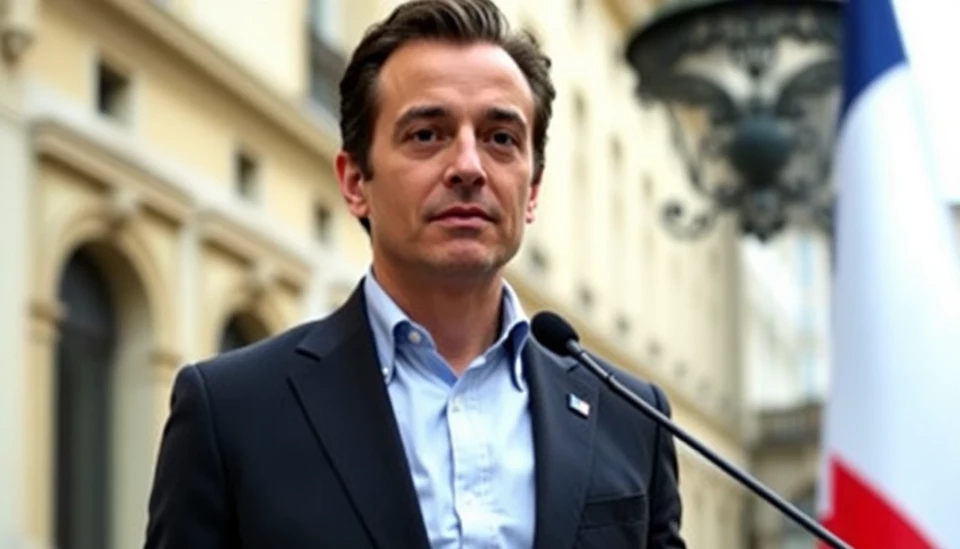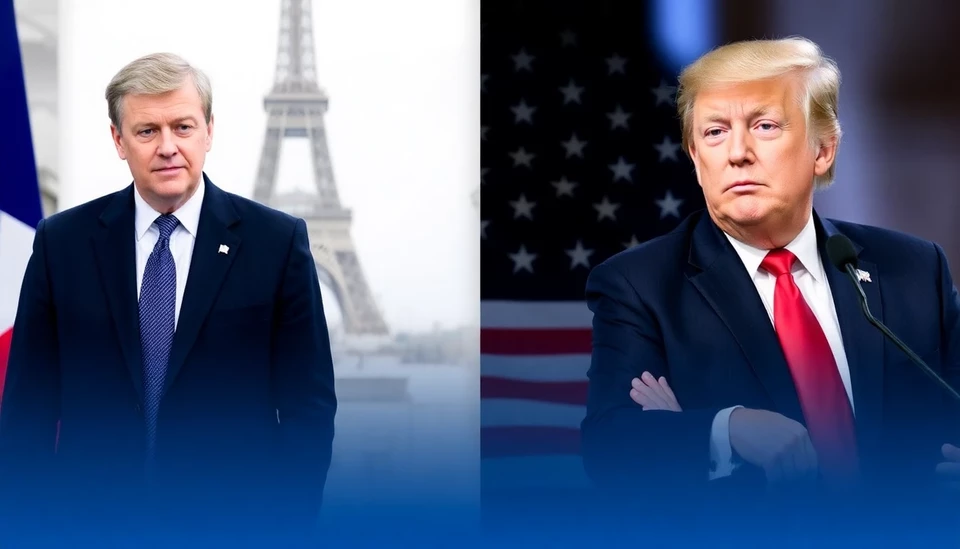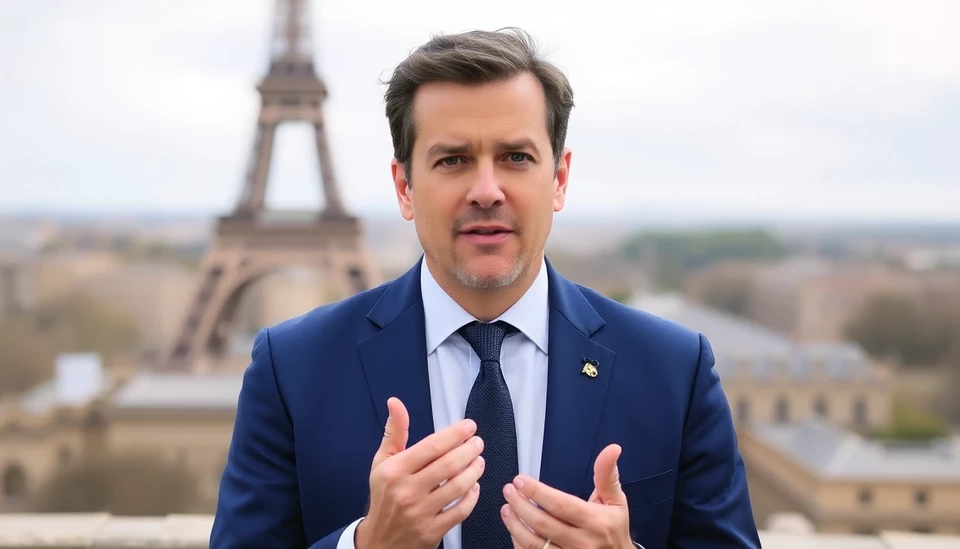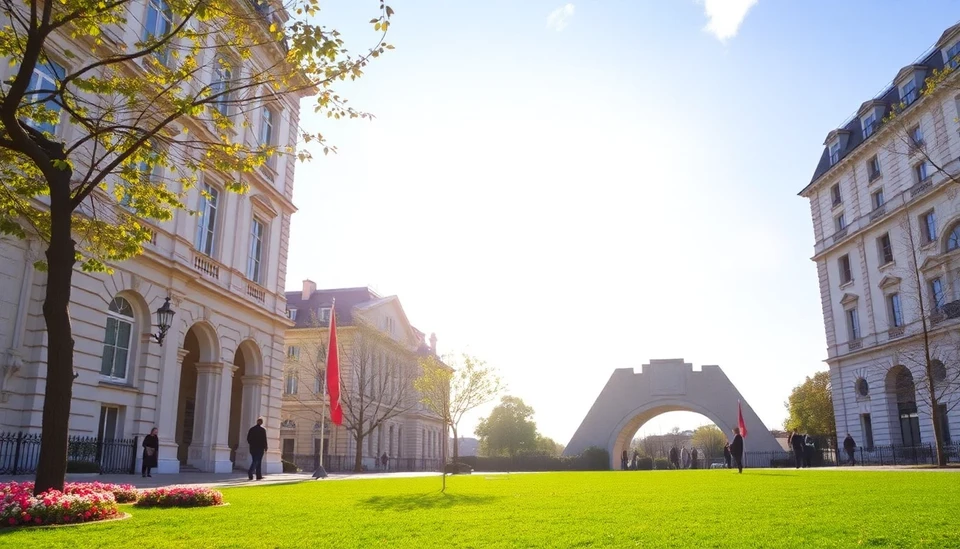
In a decisive move aimed at addressing fiscal pressures, the French government has unveiled a strategy to raise approximately €2 billion (around $2.1 billion) from high-income earners as part of its budget for 2025. This initiative stems from a growing need to stabilize the nation’s finances while simultaneously investing in crucial public services and social programs.
The announcement was made during a press conference where Finance Minister Bruno Le Maire emphasized the importance of fiscal responsibility and equitable contributions from those in the highest income brackets. "It is only fair that those who have benefited the most from our economic recovery contribute proportionally to the needs of our society," Le Maire stated, reinforcing the government’s commitment to social equity.
The government plans to implement a series of amendments to its tax code, targeting high earners with increased income tax rates and possibly introducing new taxes on luxury goods. This policy shift aligns with President Emmanuel Macron’s broader economic agenda, which focuses on balancing economic growth while ensuring that wealth distribution does not exacerbate social inequalities.
As part of this budget proposal, the government anticipates that the financial resources generated will be directed towards enhancing public services, such as healthcare and education. These reforms come against the backdrop of public dissatisfaction regarding living standards and the rising cost of living, which have intensified calls for the wealthy to shoulder a more significant share of the tax burden.
According to projections from the Ministry of Finance, the anticipated increase in revenues could play a crucial role in bridging the country’s budget deficit, which has been a longstanding challenge for the French economy. Analysts suggest that the government's approach might also help to reinvigorate public trust in state institutions by demonstrating a commitment to tackling wealth inequality.
However, this proposal has not been without its critics. Opponents of the tax hike argue that increasing the financial obligations of high earners could stifle investment and economic growth. Some business leaders have voiced concerns that such measures might lead to capital flight, where wealthy individuals and companies relocate to countries with more favorable tax regimes, therefore undermining the intended benefits of the policy.
In response to this criticism, the French government reassured stakeholders that it has taken into consideration the balance between taxation and maintaining an attractive investment climate. Officials argue that the proposed measures are designed to be sustainable and would not outweigh the potential for economic expansion driven by a healthier public sector.
As France prepares for these fiscal changes, all eyes will be on the 2025 budget discussions, with keen interest from both domestic stakeholders and international observers. The success of this initiative could set a precedent for similar measures across Europe as countries grapple with the dual challenges of economic recovery and social equity.
The government aims to finalize the budget by early next year, pending discussions in Parliament. Public consultations are expected to take place, allowing citizens and various interest groups an opportunity to present their views on the proposed changes.
With an increasingly globalized economic landscape and rising concerns over wealth disparity, France's approach to taxing its high earners may serve as a bellwether for other nations considering similar fiscal strategies.
Stay tuned as we continue to follow the developments surrounding France's fiscal policy and its impacts on the economy and society at large.
#France #2025Budget #TaxPolicy #WealthInequality #EconomicGrowth #PublicServices #FinanceMinister #EmmanuelMacron
Author: Rachel Greene




